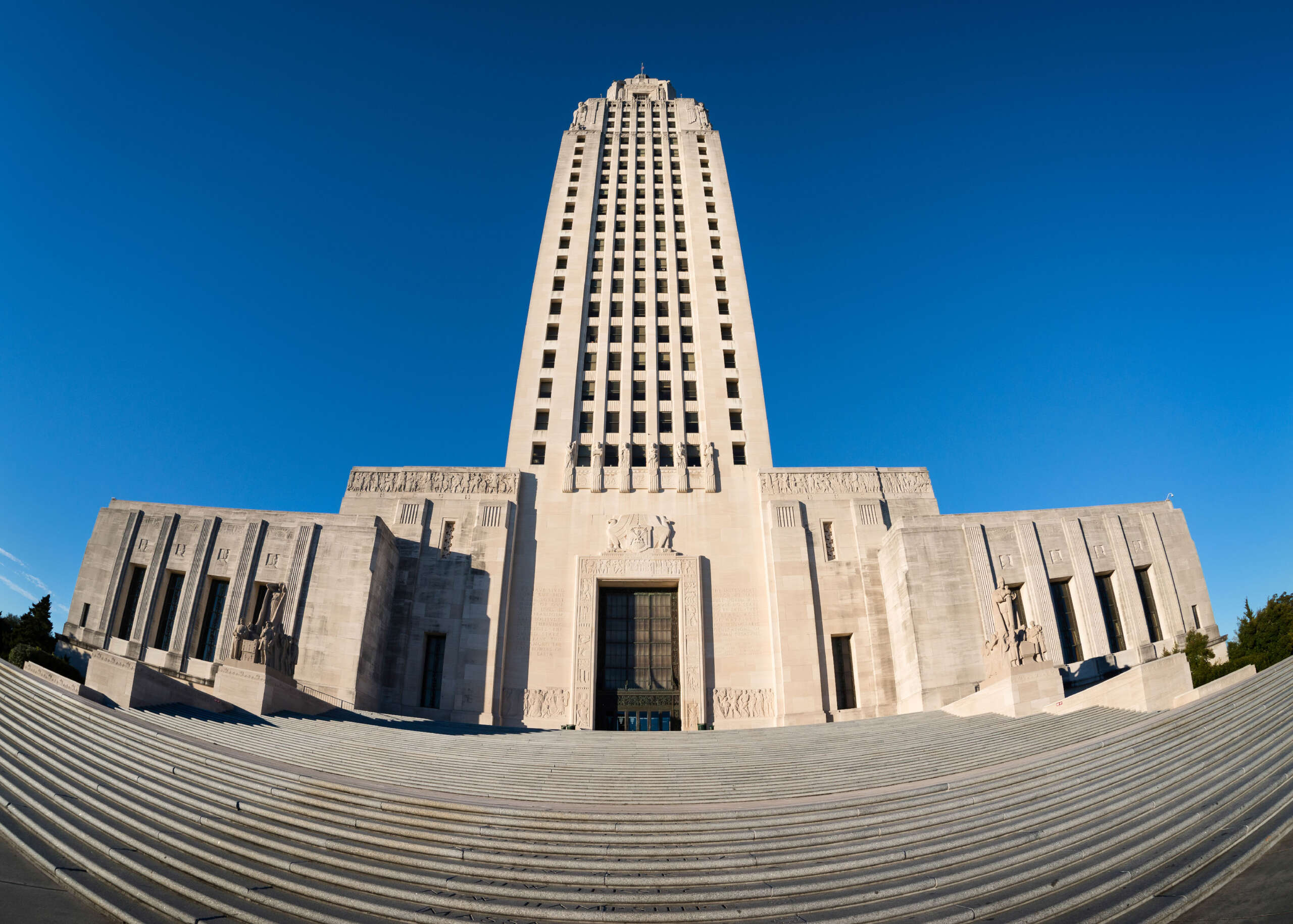
On Monday, five transgender juveniles and their families sued state officials in Louisiana, claiming that a recently passed legislation prohibiting gender-affirming care violated their right to privacy and additional protections.
Formerly, Gov. Act 466 was vetoed last year by Democratic John Bel Edwards. The law banning hormone therapies, puberty blockers, surgeries, and other forms of gender-affirming care for transgender children in Louisiana went into effect on January 1 after the Republican-led state legislature overrode Edwards’ veto.
The plaintiffs filed a complaint in the Louisiana state court system in an effort to obstruct the enforcement of the law. They are being represented by Louisiana-based law firm Schonekas, Evans, McGoey & McEachin, as well as Lambda Legal, an LGBTQ constitutional rights organization, and Harvard Law School’s Center for Health Law and Policy Innovation.
For a long time, health organizations have noted that gender-affirming therapy can be very beneficial for trans youth. For instance, a study from September showed that when participants received gender-affirming treatment earlier rather than later, their rates of suicidal thinking and depression fell by half. After receiving gender-affirming treatment for two years, career happiness among trans people between the ages of 12 and 20 increased, while symptoms of anxiety, depression, and suicidal ideation decreased, according to a study that was published in early 2023.
The parties involved in the petition discussed the benefits of the gender-affirming treatment they had received prior to the ban’s implementation.
One of the adolescents in the case, going by the name of Max Moe to protect their identity, said, “This health care has allowed me to be happy, healthy, and my real true self, the teenager I know I am.” “I worry about how my mental health may deteriorate and I’m terrified of what the health care restrictions will do.”
According to the plaintiffs’ petition, Act 466 infringes on their parental rights to choose their children’s health care and violates the right to privacy clauses of the Louisiana state constitution.
According to the lawsuit, the Act’s ban on offering trans adolescents with gender dysphoria evidence-based and medically necessary treatment is in direct opposition to their right to receive the health care they require, as advised by their health professionals and with the assistance of their parents.
The attorneys on behalf of the families denounced the state’s extensive ban on gender-affirming care.
According to Omar Gonzalez-Pagan, lawyer and health care strategist for Lambda Legal, “This Health Care Ban only stands to hurt Louisiana’s trans children and their families.” “Because Louisiana has singled them out for unfair treatment, the trans young persons we represent, along with lots of different minors in the state, are at risk of losing crucial, life-saving medical attention.”
Senior Scientific Advisor Suzanne Davies of Harvard Law School’s Center for Health Law and Policy Innovation concurred, saying:
“The Health Care Ban prohibits the only safe and effective care for transgender children, endangering their health and wellbeing. This regulation deprives Louisiana children of equitable access to medically necessary, frequently life-saving care that is effective in treating gender dysphoria as well as other serious health conditions like depression, anxiety, and even suicidal thinking that can occur if such treatments are not given to trans youth.”
22 states in the United States have passed laws or policies that forbid gender-affirming care for people under the age of 18 within their jurisdictions, according to the Human Rights Campaign (HRC). Restrictions are now blocked by court rulings in Alabama, Arkansas, Florida, and Indiana.
More than one-third of transgender youth in the United States (35.1%) live in areas where access to treatment is prohibited as a result of these bans.
These bills prevent transgender children from accessing medically necessary, healthy health care backed by decades of research and supported by every major health organization representing over 1.3 million US doctors, according to HRC’s website. They do this by forbidding doctors from providing this care or threatening to take children away from parents who support their child in their transition.



